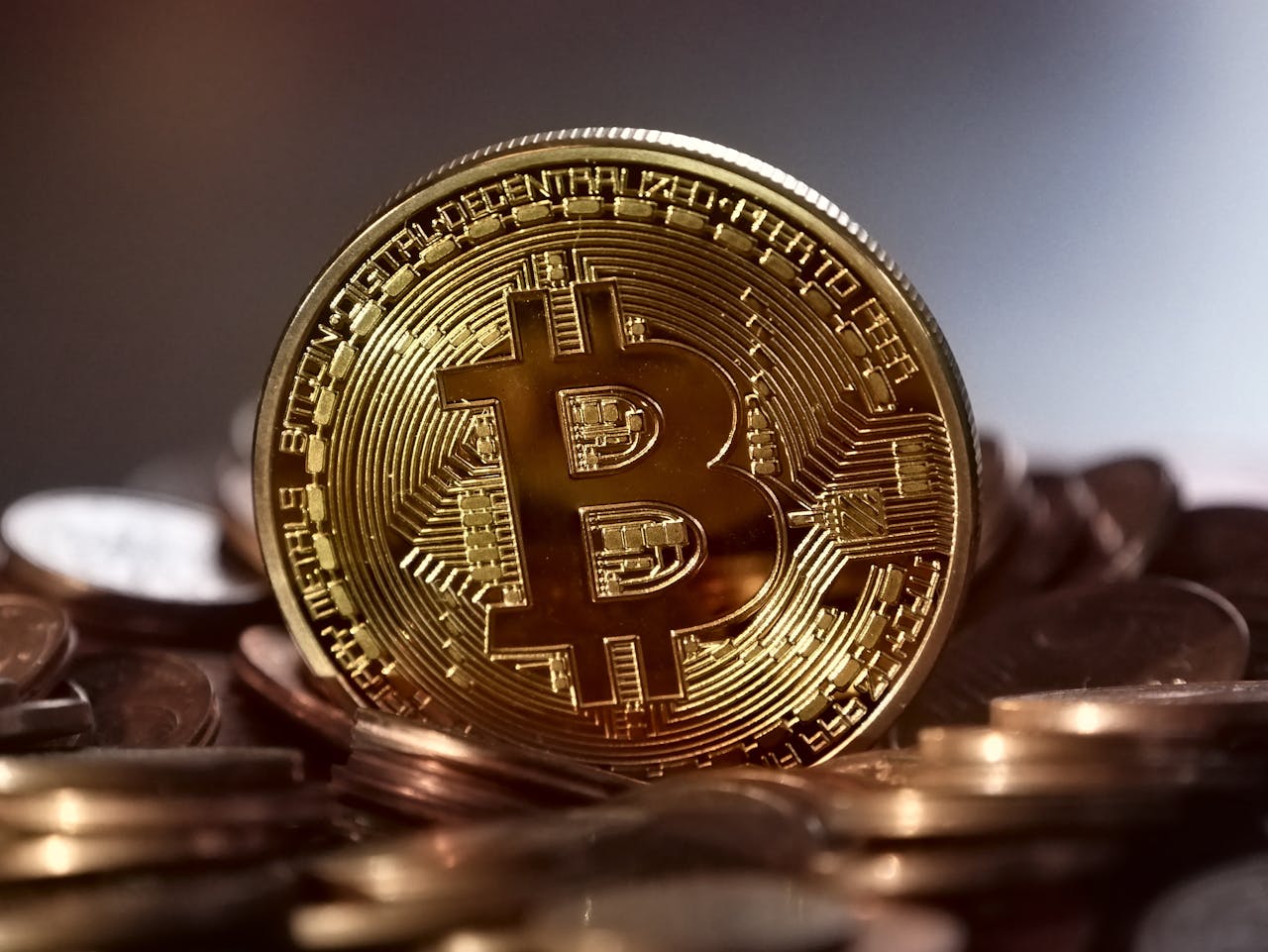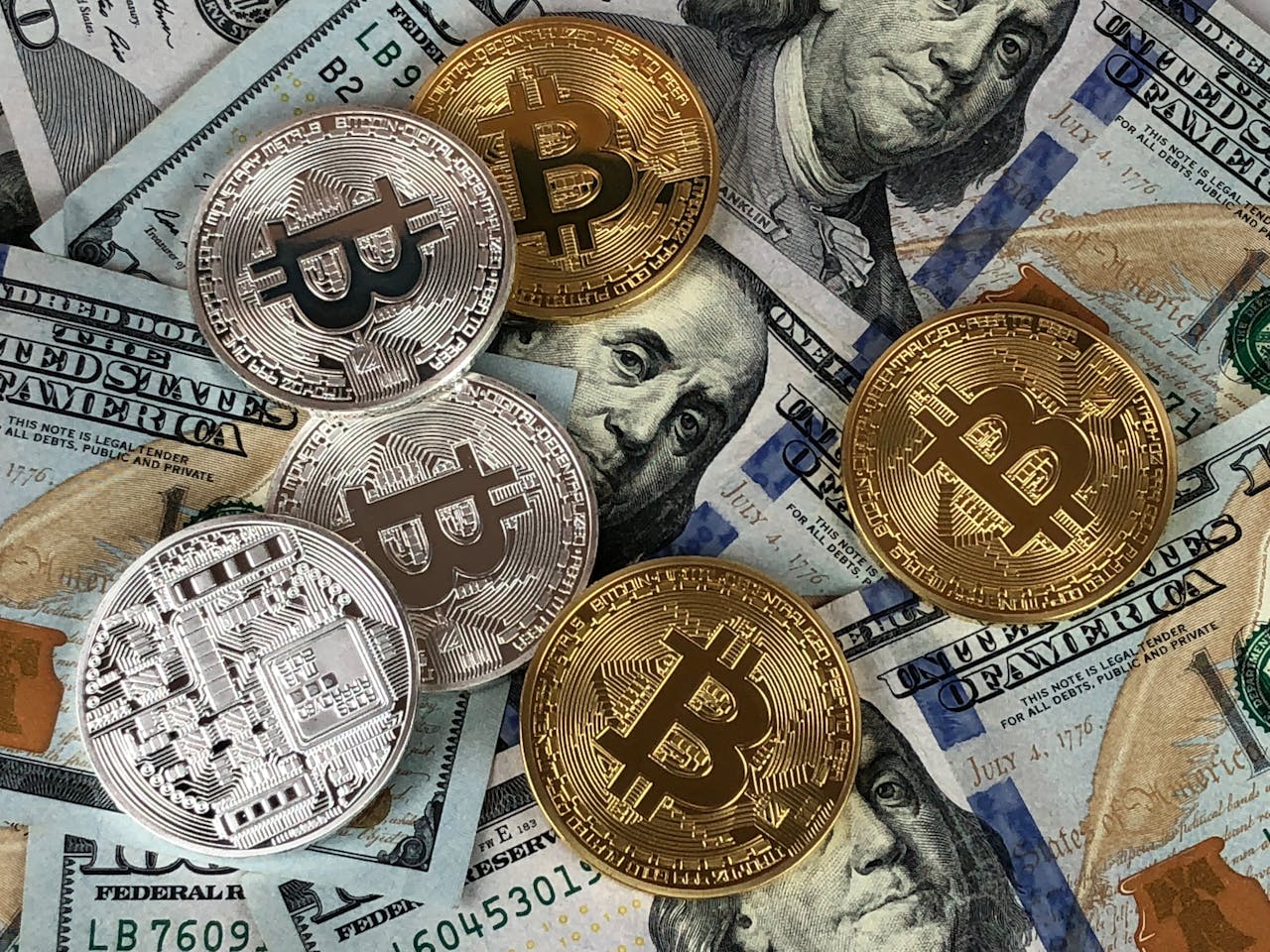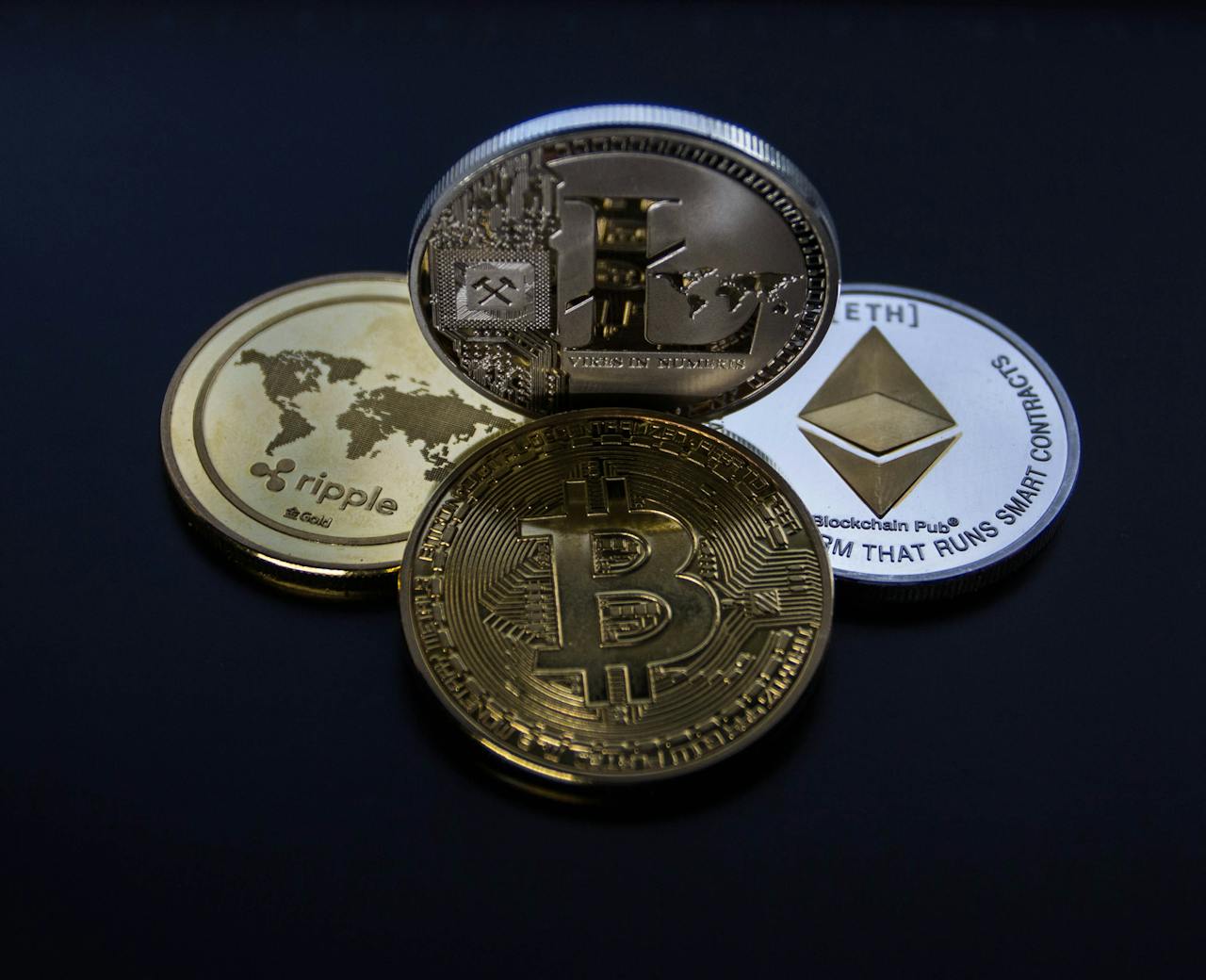Cryptocurrency trading has become a popular venture for both new and seasoned investors. However, with the increasing popularity of cryptocurrencies, the number of crypto exchanges has also grown, making it challenging to identify a secure and reliable platform. Security should be your top priority when choosing a crypto exchange to protect your assets and personal information. Here are the key features to look for when selecting a secure crypto exchange.
1. Regulation and Licensing
One of the first things to check when evaluating a crypto exchange is whether it is regulated and licensed by a reputable authority. A regulated exchange must comply with strict security standards and legal requirements, offering an extra layer of protection to users. Look for exchanges regulated by established bodies such as the U.S. Securities and Exchange Commission (SEC), the Financial Conduct Authority (FCA) in the UK, or other reputable regulatory organizations. A regulated platform is less likely to be involved in fraudulent activities and more likely to implement stringent security measures.
2. Robust Security Measures
Security features are the backbone of a safe crypto exchange. Look for platforms that offer:
- Two-Factor Authentication (2FA): This adds an extra layer of security by requiring two forms of identification before accessing your account.
- Cold Storage: A significant portion of the exchange’s assets should be stored in cold storage (offline) to prevent hackers from accessing funds.
- Encryption Protocols: The platform should use advanced encryption methods, such as SSL (Secure Socket Layer) and end-to-end encryption, to protect data transmission.
- Withdrawal Whitelists: Some exchanges allow users to create a list of pre-approved addresses for withdrawals, reducing the risk of unauthorized transactions.
3. Insurance Fund and Compensation Plans
Despite the best security practices, breaches can still occur. A reliable crypto exchange should have an insurance fund or compensation plan to cover potential losses due to hacking or other security incidents. This insurance acts as a safety net for users, ensuring they are reimbursed in case of a security breach. Check the terms and conditions of the insurance policy to understand what is covered and any limitations.
4. Transparency and Reputation
A trustworthy exchange should be transparent about its operations, security practices, and ownership. Look for exchanges that regularly publish security audits, provide information about their team members, and openly communicate any incidents or breaches. Additionally, researching the exchange’s reputation through user reviews, forums, and social media can help gauge its reliability. Established exchanges with a long track record of secure operations are generally safer choices.
5. User-Friendly Interface and Customer Support
Security isn’t just about preventing hacks; it’s also about helping users manage their assets safely. A user-friendly interface can prevent mistakes that could lead to financial loss. Look for exchanges that offer an intuitive design, easy navigation, and clear instructions for transactions. Moreover, responsive customer support is crucial for resolving security issues quickly. Ensure the exchange provides multiple channels of support, such as live chat, email, and phone, and has a reputation for timely and effective assistance.
6. Liquidity and Volume
While liquidity and volume may not seem directly related to security, they are essential factors. An exchange with high liquidity and trading volume is less likely to be manipulated and more likely to offer competitive prices and quick order execution. Low liquidity exchanges are more susceptible to price manipulation and may struggle to fulfill large withdrawal requests, potentially resulting in delays or other issues.
7. Geographic Restrictions and Compliance
Different countries have different regulations for crypto exchanges. Ensure the platform you choose complies with the regulations of your country. Some exchanges are restricted in certain regions due to legal reasons, and using them could lead to legal complications or frozen assets. Verify that the exchange is authorized to operate in your jurisdiction and follows the necessary Anti-Money Laundering (AML) and Know Your Customer (KYC) regulations.
8. Multi-Signature Wallets
Multi-signature wallets require multiple private keys to authorize a transaction, adding an additional layer of security. This feature can prevent unauthorized access to your funds and provides greater control over withdrawals. Look for exchanges that support multi-signature wallets, especially if you plan to store large amounts of cryptocurrency on the platform.
9. Continuous Security Audits and Bug Bounty Programs
A secure exchange should undergo regular security audits by third-party firms to identify vulnerabilities and ensure compliance with security standards. Additionally, a bug bounty program encourages ethical hackers to find and report security flaws in exchange for a reward. These proactive measures show that the platform is committed to maintaining a high-security level.
Conclusion
Choosing a secure crypto exchange is crucial for protecting your digital assets and personal information. By considering factors such as regulation, robust security measures, insurance policies, transparency, user-friendliness, liquidity, compliance, multi-signature wallets, and security audits, you can significantly reduce the risk of falling victim to fraud or hacks. Always conduct thorough research and select an exchange that aligns with your security needs and investment goals. Remember, in the volatile world of cryptocurrency, security should never be compromised.


